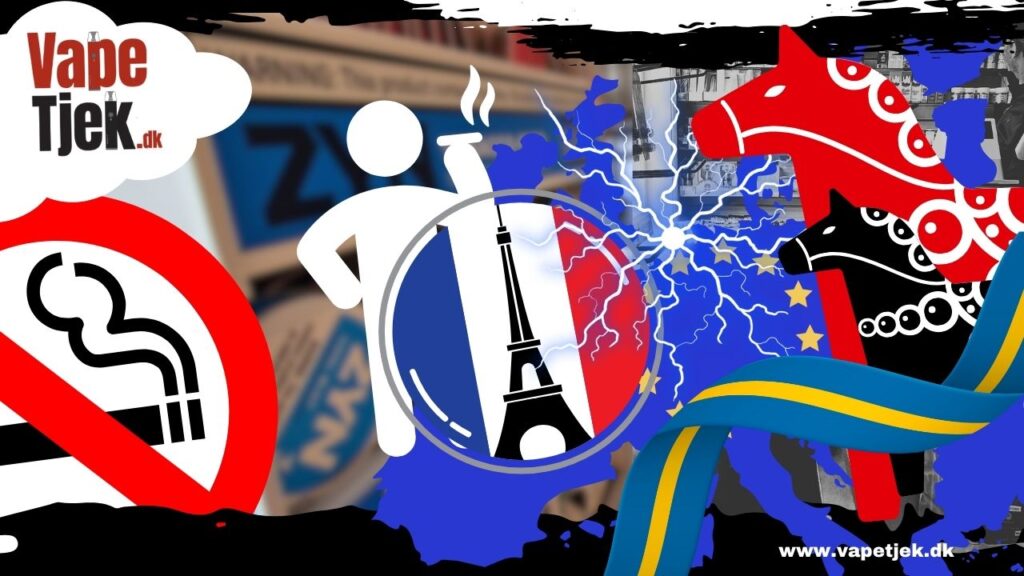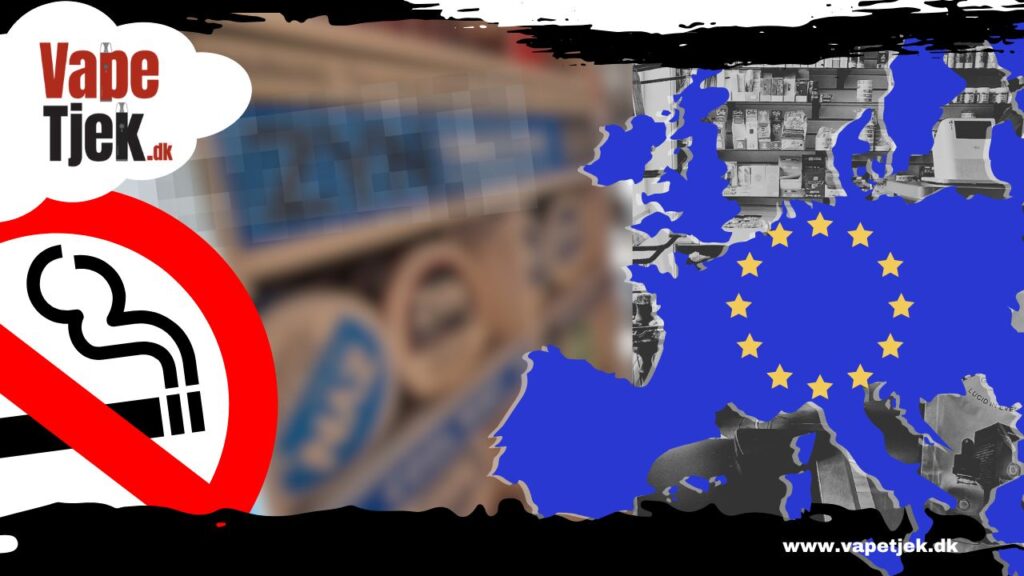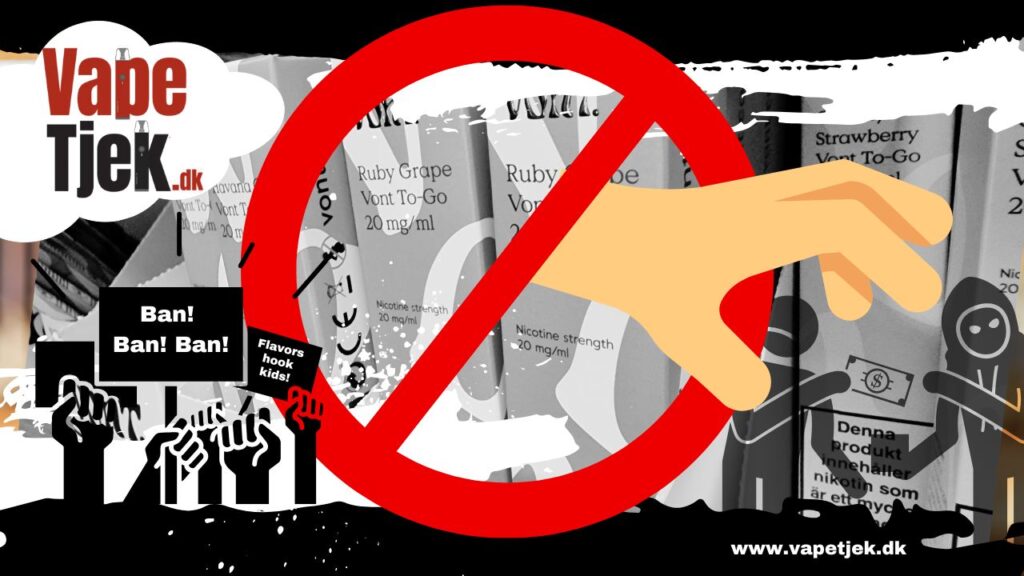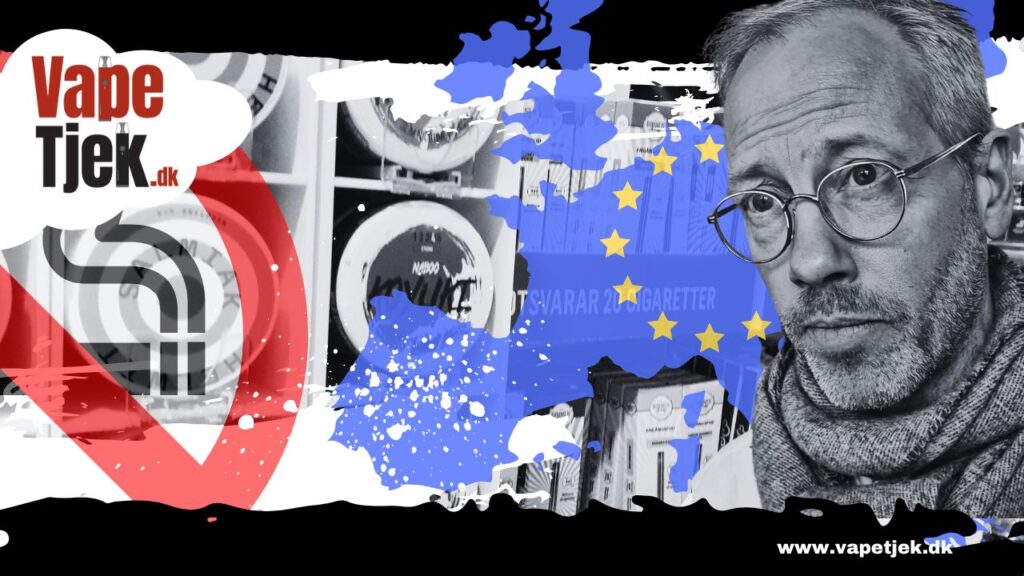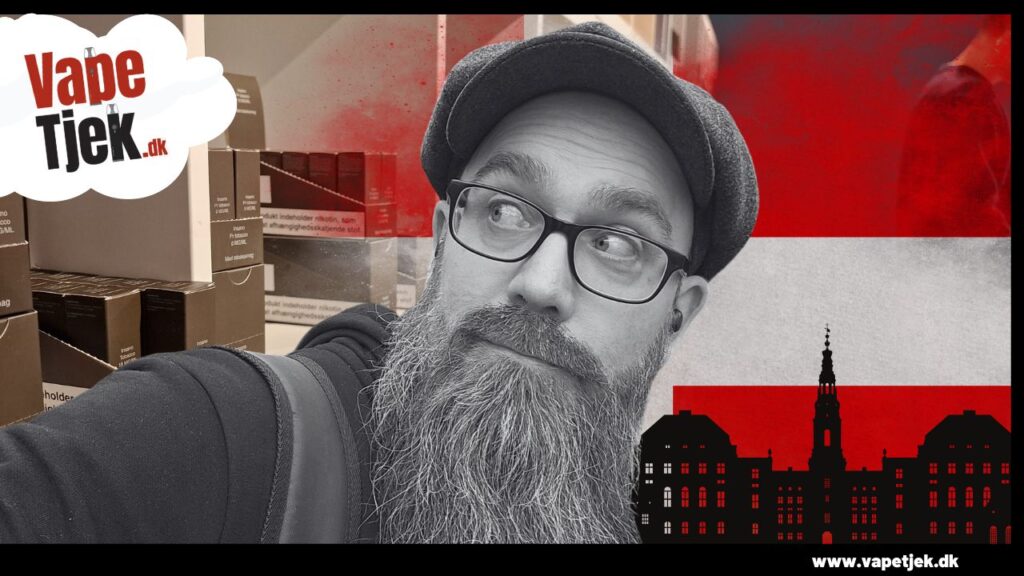The Swedish government has chosen to block the French proposal for a total ban on nicotine pouches - at least temporarily. On the recommendation of the Swedish legal authority Kammarkollegiet, the government has now submitted a so-called detailed opinion to the EU, which means that the ban plans are now on hold for at least six months.
- The French proposal to ban oral nicotine products lacks sufficient scientific evidence and violates the principle of proportionality, says Head of Unit Christofer Berg from Kammarkollegiet.
France wants to ban everything - except pharmaceuticals
While Spain has proposed limiting the nicotine content of nicotine pouches to less than 1 mg per pouch, France wants a total ban on both the sale and production of nicotine pouches. The ban would apply to all oral nicotine products, with the exception of authorised medicines and chewing tobacco.
However, such a national ban requires authorisation from the EU Commission and ultimately from the other member states. This has given Sweden the opportunity to object to the proposal - not least because the product is both invented and produced in Sweden and is a significant export product for Swedish companies.
In early May, the government asked Kammarkollegiet for legal advice and suggestions for possible measures. The answer was clear.
- Sweden should argue that the French proposal risks constituting a quantitative trade barrier, which is contrary to EU law and the principle of mutual recognition. France has not demonstrated that nicotine pouches pose a real cross-border health risk, nor has it justified why less intrusive measures - such as age limits or nicotine ceilings - would not be sufficient, writes Kammarkollegiet.
France has one of the highest smoking prevalence rates in the EU
Today, between 20 and 25 per cent of the French population - or around 12 million citizens - smoke. According to data from Global Burden of Disease, almost 60,000 French people die annually from smoking-related diseases. This is an issue that Kammarkollegiet believes should be heavily emphasised in the EU process.
- Sweden should point out the proven harm reduction effect that nicotine pouches have had in countries like Sweden and Norway, where smoking prevalence and tobacco-related mortality are among the lowest in Europe. A ban on such products could paradoxically counteract the public health objective - especially for adult smokers who are looking for less harmful alternatives to cigarettes, Kammarkollegiet continues.
Divided opinions among organisations
During the process, Kammarkollegiet has also obtained responses from a number of Swedish stakeholders and authorities. The responses show great disagreement. The think tank Tobaksfakta, which is funded by the Swedish Public Health Agency and the Swedish Cancer Society, fully supports the French ban.
- Tobacco Facts fully supports France's proposal for a national ban on oral nicotine products. The ban is justified by a worrying increase in use among children and young people in Europe and by research showing that nicotine itself is toxic and highly addictive. According to France, nicotine poses a health risk regardless of its form or origin - synthetic or natural. Therefore, a total ban is considered a necessary and proportionate measure to protect public health, especially among young people, writes Tobaksfakta.
"Unscientific and disproportionate"
There is strong opposition to the ban from the industry. The Swedish Snus Manufacturers' Association emphasises the principle of harm reduction in the nicotine market and criticises France's argumentation as outdated.
- France's argument about the dangerousness of nicotine is based on an older classification. More recent assessments from the EU Chemicals Agency ECHA and the German BfR show that nicotine pouches - especially those that follow Swedish industry standards - do not pose an acute toxic risk. The CLP regulation that France refers to is about labelling potentially hazardous substances and not about actual risk. According to the Swedish Poison Information Centre, the products also very rarely cause serious incidents, the association writes.
Six months break - for now
The Swedish government has chosen to follow the Kammarkollegiet's recommendation and has now submitted the formal, detailed consultation response to the EU. This does not necessarily stop the ban, but postpones the process for at least six months and requires France to justify its plans in more detail.
- More countries are stepping up their efforts to ban white snus - first Spain and now France. The Swedish government will not stand on the sidelines and watch while an important Swedish industry is restricted. We stand up for Swedish consumers and for the single market in the EU," says Minister for Development Aid and Foreign Trade Benjamin Dousa in a press release.
